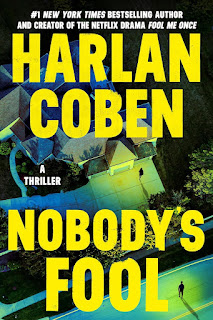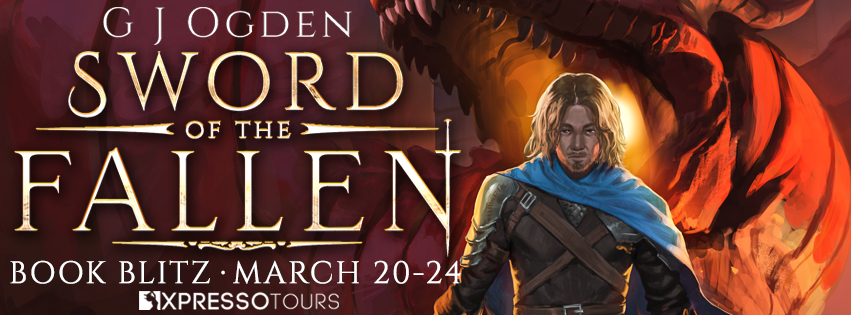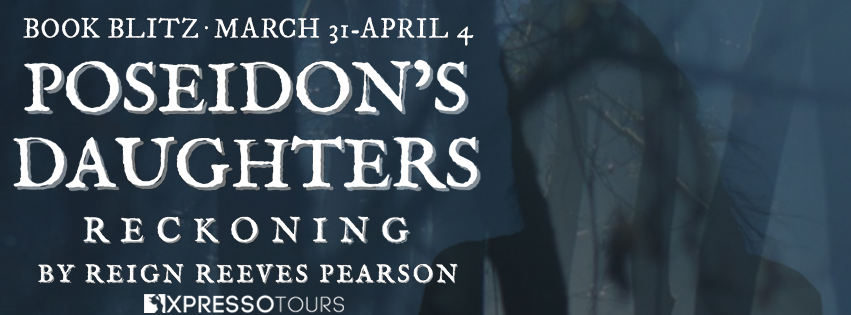A Million Things To Ask A Neuroscientist
by Michael Tranter PhD
GENRE: Popular Science/ Brain
BLURB:
A Million Things To Ask A Neuroscientist answers some of the most asked questions about the brain, making the science fun and accessible to everyone. Inside, you will journey through some of the most interesting and strange things that our brain does every single day.
Have you always wanted to know just what a memory actually is, or why we dream? What is our consciousness? Why do some people seem to ‘click’ with others? And can our brain really multi-task?
Excerpt:
Have you ever been standing at the top of a tall building or cliff edge and had a sudden but brief urge to jump? You have no real thought of actually doing it, and you are not depressed, suicidal, or otherwise distressed, but that urge appears nonetheless. As it turns out, neuroscience has a name for such an occurrence, high places phenomenon, sometimes termed the call to the void, and it is actually very normal and common. There are also reports of impulses to jump in front of a train, stick a hand in a fire, or turn a steering wheel into traffic. Thankfully, the person generally doesn't follow through, and although most accounts of this phenomenon are anecdotal, there is one team of scientists in Florida, USA, who decided to take another look. The research team asked 431 students about such episodes in their personal lives, and a surprising 55% acknowledged that they have experienced them at some stage in their lives.
Science has revealed to us that high place phenomenon is possibly the result of a split-second delay between two opposing brain signals. One signal is based on our survival instinct that notices danger and tells us that we should avoid it, such as falling from a great height, or a train hitting us in the face. Another signal coming from our more logical brain tells us that we are relatively safe where we are, and there is no real threat to our survival. The resulting signals are interpreted by our brain - now somewhat confused, for it to relay this rather bizarre message and we experience the high place phenomenon. So, if you ever have a sudden impulse to jump off the top of Mount Everest, just remember that it is normal, but please don't do it anyway.
Interview with Dr Mike Tranter
What book that you have read has most influenced your life?
It is a little bit nerdy, but I would have to say Hyperspace, by Michio Kaku. He is a leading theoretical physicist with many books out. I read it as a teenager, and it is all about some of the strange things that physics tells us, like extra dimensions. The thing is though, he wrote it in such a way that anyone can understand it. Even the really complicated things are easily explained. As per some instructions in the book, I remember making a cube out of matchsticks and shining a light on it to look at its shadow (showing something like a cube in 4D, rather than the normal 3D). His book showed me that you can still take part in science, and anything that you enjoy, even if you are not an expert (I am definitely not an expert in physics). It was actually a big inspiration for my new book, as I wanted to do the same thing and explain the brain to people even if they have no scientific background.
Tell us a little about yourself? Perhaps something not many people know?
I think most people would be surprised to know that I have climbed high altitude mountains in Nepal and Argentina. The highest (Aconcagua, in Argentina) was 22,841ft (Everest is 29,000ft). I actually got to see Mt. Everest, when I climbed a mountain next to it. It was incredible. I love being outdoors and mountaineering, and I will climb more in the future, I’m sure of it.
Can you tell us something about your book that is not in the summary?
There is a chapter in it called ‘The X-Files of Neuroscience’ where I talk about some of the mysteries and phenomena of the brain. There is a lot we still don’t understand, and it can be fascinating to look at what happens when the brain acts differently than what we might expect. For example, in this chapter, I explain times when staring at your own reflection can morph your face into an animal or a person you know, or describe a brain that can look at your family, and recognise them only as similar people or imposters, and not your real family. I also explore a time when scientists were recently able to look at preserved brain cells, from nearly 2000 years ago. Like looking into a time machine of the brain. This is probably my favourtie chapter.
When writing a book do you find that writing comes easy for you or is it a difficult task?
In preparation for writing, I like to plan out what I will say. I scribble down notes, write bullet points, and draw pictures, so when the time comes to actually put words on a page, the hard work is already done. Because of this, I have never found it difficult to write, because I am so excited about what I get to talk about. That said, it can sometimes be difficult to strip out some of the details that are not really needed (science loves to add tiny details and acronyms to everything) in order to make it easier and more enjoyable to read.
What is your favorite childhood book?
I used to love reading the Goosebumps books by R.L. Stine. There was a whole series of them to choose from. They were horror stories but intended for children, and I used to read them every night. The covers, the stories, they were great books. I think I probably still have them in storage somewhere.
What were your goals and intentions in this book, and how well do you feel you achieved them?
I wanted to write a book to take the intimidation out of neuroscience and the brain. I really want people who might think “neuroscience is not for me, it’s too complicated” to read through it, and discover how fun and interesting it can be. It doesn’t have to be complicated.
When I wrote the book, it was important that I take people on a journey, not just through the brain, but as a kind of behind-the-scenes look at what research is really like (my job, in addition to writing, is a research scientist). I explain some of the most futuristic research around, in a way that simplifies it and explains its potential in our future. I wrote it like this to give people a good overview of neuroscience.
I will only truly know how well I did that when people start to read it, but from the feedback I have had so far, it has been very positive. I made a point to test it out on both scientists and non-scientists, to really get the balance right.
Overall, I want people to feel confident in themselves that they can take part and be included in science, because it is for everyone, not only nerds like me in a lab coat.
AUTHOR Bio and Links:
Dr Mike Tranter is from the North of England and studied how drugs work in our body, but it wasn't long before he found his true calling as a neuroscientist. After a PhD in neuroscience, he spent years in research labs all over the world, studying how the brain works. Although, it is his prominent rise as a science communicator, opening up the world of neuroscience to everybody, that he enjoys the most.
Buy Link:

























































.png)








































19 comments:
Hi
Thanks for posting this. I had so much fun writing the book and answering these questions so people can get to know a little more about me. Happy to respond to any comments and questions that people have.
Mike Tranter
Happy Friday - Thanks for sharing!
I really enjoyed the interview.
This sounds like an interesting book and I also like the cover.
abfantom at yahoo dot com
Sounds like a very interesting book.
The excerpt is interesting. Thank you for sharing it.
Sounds interesting.
This sounds like an interesting book. My Mom had Alzheimers so I would read about how that affected her brain and why she acted the way she did.
What inspires you to write this book?
Since I had a stroke a couple of years ago, I would enjoy reading/learning about the brain.
This is a highly interesting read.
How do you get ideas for your covers!
Mike Tranter - how long have you been an author?
I love all of the covers displayed here!
Do you ever use real life experiences for your books?
I would really enjoy this read.
Do you ever use real life experiences to write your books?
Wishing you a Happy Easter!
This is good example of content writing, you have done good job, and I am expecting more Good content writing from you.Google Play Services APK
Post a Comment